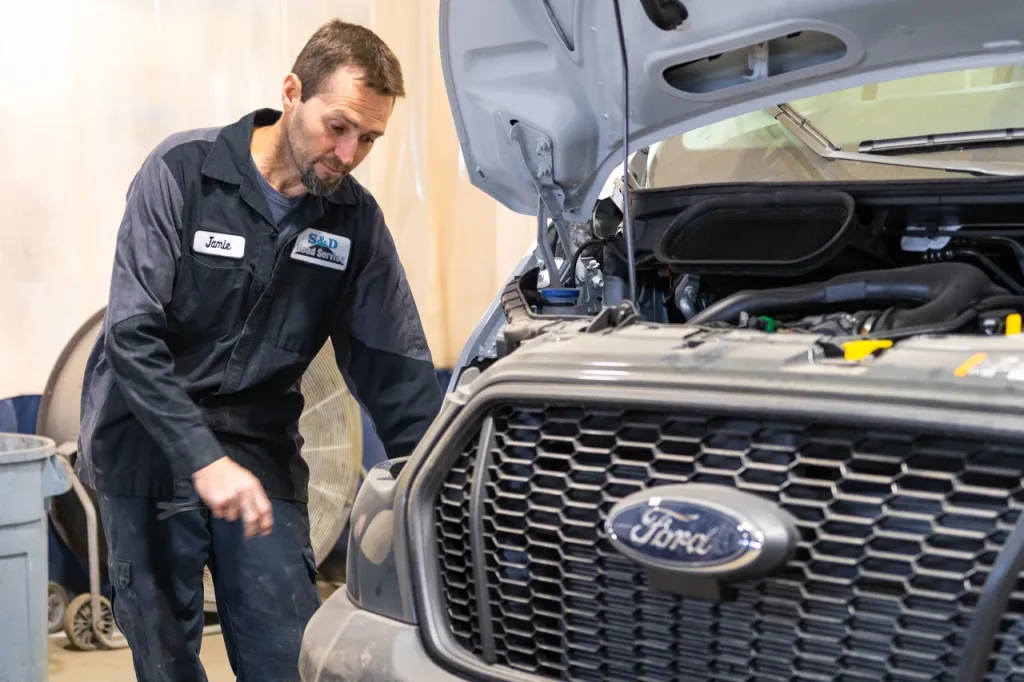Let’s face it—car trouble never happens at a convenient time. You’re halfway to work, and suddenly, the check engine light glares at you like an uninvited guest. That’s where mobile auto repair services come in. No tow trucks, no waiting rooms, just a mechanic rolling up to your driveway. But is it the right choice for you? Let’s break it down.
The Upside: Why Mobile Auto Repair Rocks
1. Convenience That Feels Like a VIP Pass
Imagine this: Your car won’t start, but instead of dragging it to a shop, the shop comes to you. Mobile mechanics work on your schedule—whether you’re at home, the office, or even stranded in a parking lot. No more rearranging your life around repair appointments.
2. No Tow Truck Drama (or Costs)
Towing fees can sting—sometimes costing hundreds. Mobile repair cuts that out entirely. If your car’s drivable, the mechanic handles the rest. Even if it’s not, some services offer on-the-spot diagnostics to avoid unnecessary tows.
3. Often Cheaper Than Traditional Shops
No brick-and-mortar overhead means savings for you. Labor rates are typically lower, and there’s no upselling pressure from a shop trying to cover its rent. That said, parts prices might still vary, so always ask for estimates upfront.
4. Personalized Service
Ever felt like just another number at a busy garage? Mobile mechanics often build tighter relationships with clients. You’ll likely get the same technician each time—someone who remembers your car’s quirks.
The Downside: Where Mobile Repair Falls Short
1. Limited Scope of Work
Not every job fits in a van. Major repairs—think transmission overhauls or frame damage—usually require a full shop’s equipment. Mobile mechanics excel at routine maintenance (oil changes, brake jobs) and minor fixes, but complex issues? Not so much.
2. Weather Woes
Rain, snow, or blistering heat—your mechanic works in it all. Some tasks become borderline impossible in bad weather. Ever tried replacing a alternator in a downpour? Yeah, neither have we, but it sounds miserable.
3. Fewer “Extras”
No free coffee. No waiting room Wi-Fi. And forget about loaner cars. Mobile repair is lean and mean, which is great for efficiency but lacks the (admittedly minor) comforts of a physical shop.
4. Scheduling Can Be Tricky
Popular mobile mechanics book up fast. Need a same-day repair? Might not happen. Traditional shops often have more staff to handle emergencies.
Mobile vs. Traditional: A Quick Comparison
| Factor | Mobile Repair | Traditional Shop |
| Convenience | High (they come to you) | Low (you go to them) |
| Cost | Usually lower | Often higher |
| Repair Scope | Basic to moderate | Basic to complex |
| Wait Times | Depends on availability | Often same-day |
| Equipment | Limited to van tools | Full shop setup |
Who Should Use Mobile Auto Repair?
Honestly, it’s perfect for:
- Busy professionals who can’t spare half a day at a shop.
- Parents juggling kids’ schedules—no dragging the whole family to wait for an oil change.
- Older adults who prefer staying home.
- Anyone with minor, non-urgent repairs (think spark plugs, battery swaps).
But if your car’s a project vehicle or needs heavy-duty work, stick with a traditional garage.
Final Thoughts: Is Mobile Repair Worth It?
The auto industry’s shifting—more convenience, less hassle. Mobile repair isn’t a magic fix for everything, but for routine care? It’s a game-changer. Just know its limits. Your car isn’t just a machine; it’s your freedom on four wheels. Choose the service that keeps it—and you—rolling smoothly.


